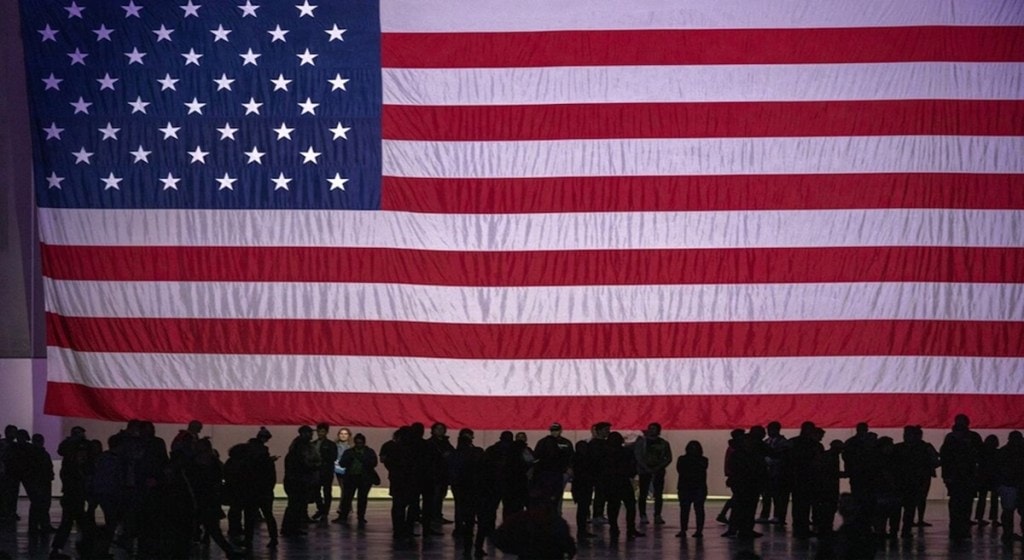With the US government reportedly preparing a bill to terminate Optional Practical Training (OPT) programme, India’s study‑abroad platforms remain unconvinced that it will succeed. They argue that the legislation would be detrimental not only to students but also to the US higher‑education sector, and expect significant pushback from universities and industry alike.
“Any legislation like this will reduce the number of students going to the US, in addition to having an impact on the quality of students that the US universities will attract,” said Karunn Kandoi, founder and CEO of Vidysea Education.Experts stated that the bill is still in its early stages and is largely driven by a handful of advocacy groups.
“If implemented, the bill will severely impact nearly 4,000 universities in the US who are dependent on foreign students to fill their seats. Over the past few years, the enrolments of local students in US universities has gone down drastically due to declining value of degree programmes. This has increased their dependence on international students.
The universities will likely oppose this bill, and hence, we don’t see any near-term implications,” said Saif Iqbal, vice president at ApplyBoard.OPT, which is tied to the F‑1 student visa, allows international graduates to work in the US for up to 12 months—and up to 36 months for those with STEM (Science, Technology, Engineering and Mathematics) degrees. Any abrupt end to the programme would hit India particularly hard, which is now the largest sender of students to the US after China.
In 2023–24, 330,000 Indian students enrolled in different US educational institutions, which was over 29% of the total international students enrolments in that year.Experts said that not only do colleges rely on this talent pool, but US industries also depend on foreign graduates to fill skilled‑labour gaps. “Big US employers need qualified students since their own aging population isn’t going to meet the demand for skilled workforce.
The industry is not in favour of such radical policy. Such a policy will also have implications on the longer-term visa programmes like H-1B,” said a senior executive at a leading study‑abroad platform.Earlier in January, the US department of homeland security had introduced new rules that were aimed to modernise H-1B programme by streamlining the approval process, increasing its flexibility to allow employers to retain talented workers, and improving the integrity and oversight of the programme.

